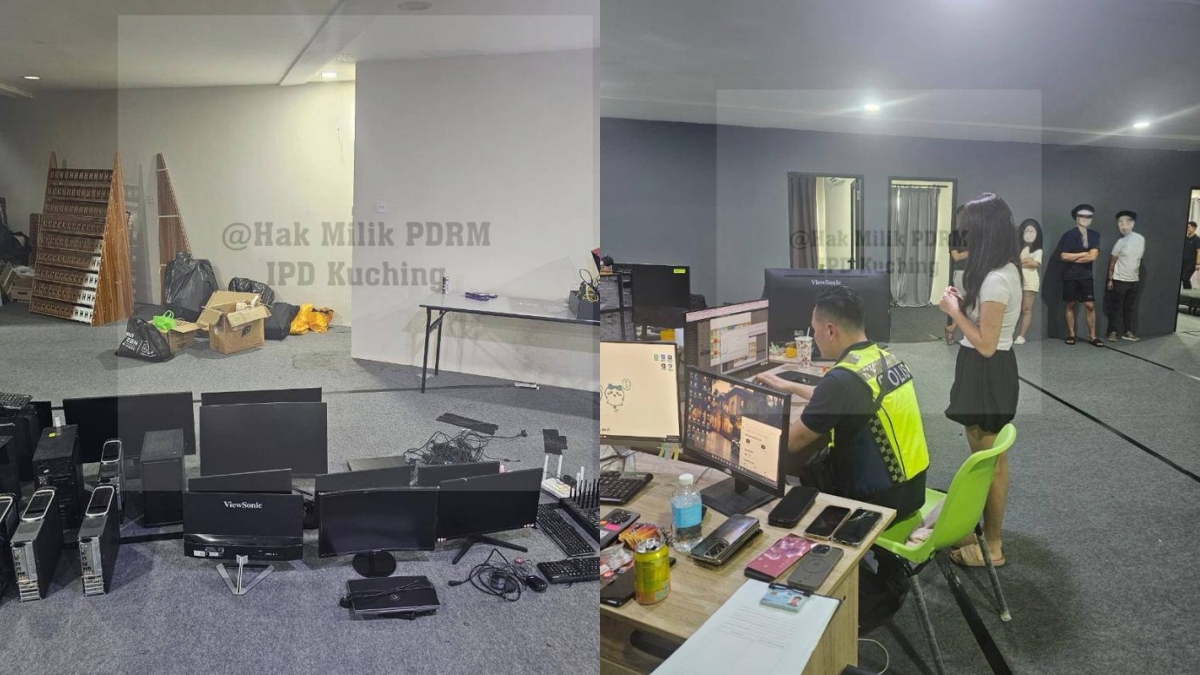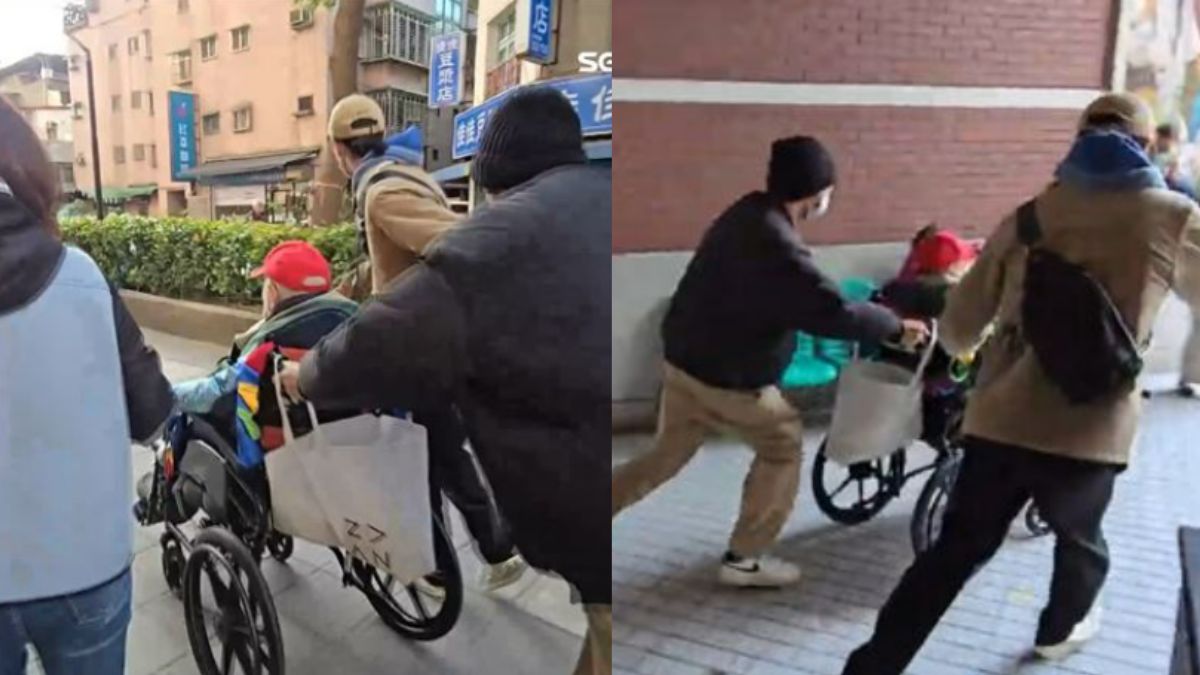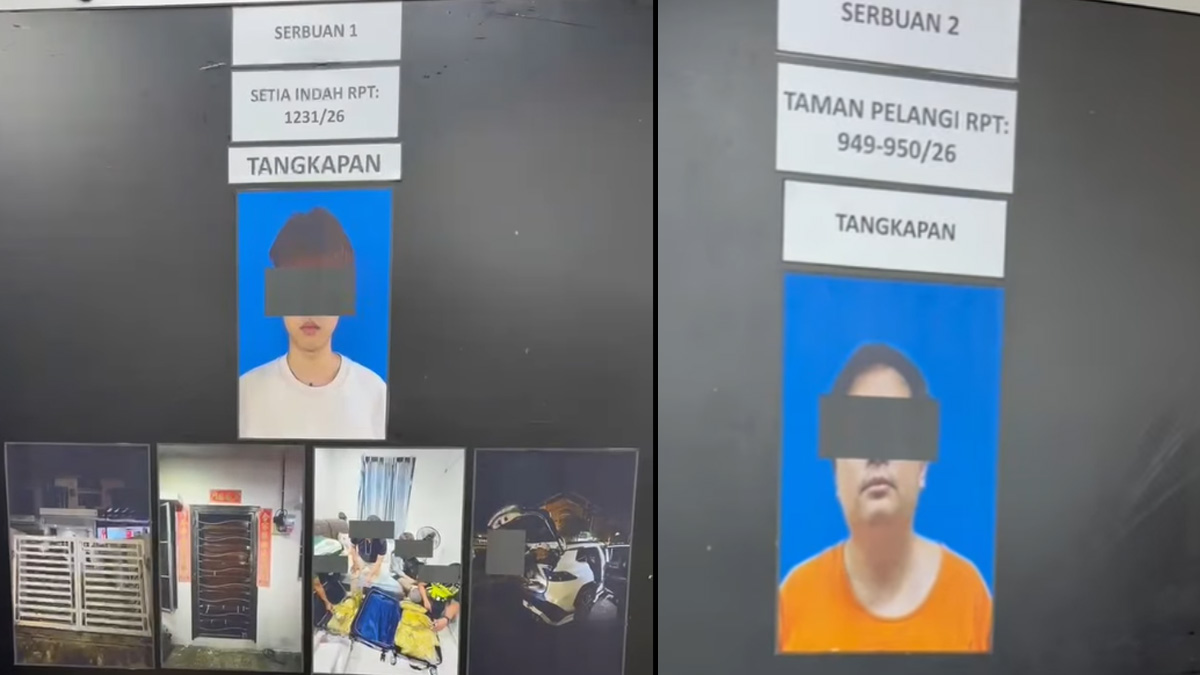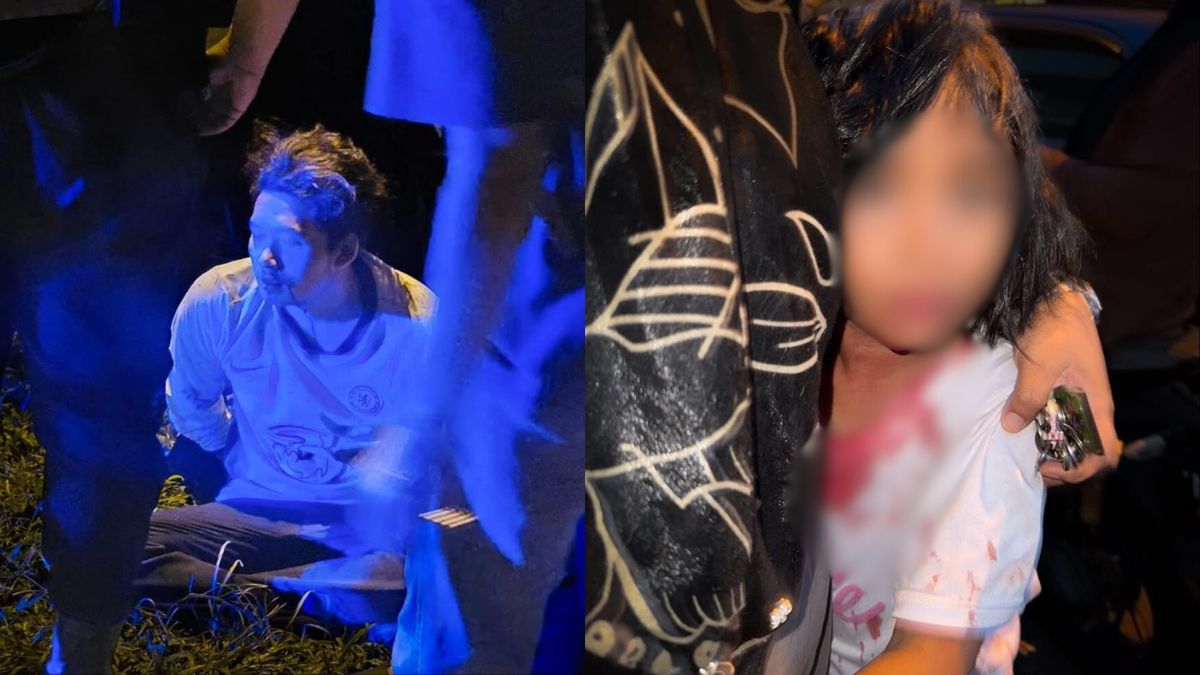Drug trafficking suspect detained without trial under Singapore’s Criminal Law (Temporary Provisions) Act
A Singaporean man, previously charged with capital drug trafficking, has been detained under the Criminal Law (Temporary Provisions) Act (CLTPA) after witnesses refused to testify in court. The Ministry of Home Affairs (MHA) said the move was necessary to prevent syndicate members from escaping justice through intimidation.
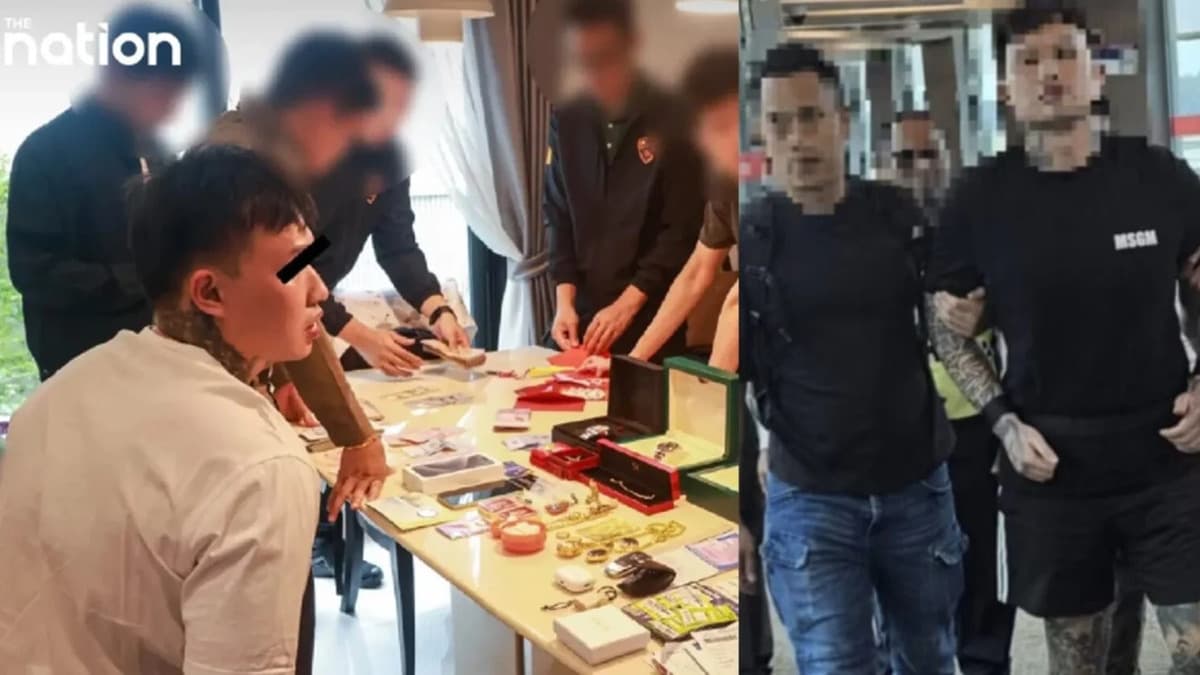
- Suspect Benny Kee Soon Chuan detained under CLTPA after charge withdrawal.
- Witnesses declined to testify due to fear of reprisals.
- CLTPA empowers detention without trial for serious criminal activity.
A suspected drug trafficker whose charge was recently withdrawn has been detained under a law in Singapore that allows imprisonment without trial.
The Ministry of Home Affairs (MHA) confirmed on 26 September 2025 that it had invoked the Criminal Law (Temporary Provisions) Act (CLTPA) against 39-year-old Benny Kee Soon Chuan.
Charge withdrawn but detention ordered
Kee had been deported from Thailand in September last year to face a capital drug trafficking charge.
On 8 September, his lawyer stated he was expected to be released from remand after prosecutors applied for a discharge not amounting to acquittal.
However, on the same day, he was arrested under the CLTPA. A detention order was issued on 22 September.
Law applied as ‘last resort’
MHA explained that the CLTPA was invoked because witnesses in Kee’s case were unwilling to testify due to fear of reprisals, rendering prosecution unviable.
“The Act is used only as a last resort,” the ministry said, adding that the law enables action when witness intimidation prevents cases from proceeding in court.
Links to earlier cases
Investigations by the Central Narcotics Bureau (CNB) had earlier uncovered Kee’s suspected involvement in two separate drug trafficking cases in December 2020 and November 2022.
Two Singaporeans, aged 21 and 29 at the time of their arrests, were charged for trafficking substantial amounts of methamphetamine. Both were convicted and received long prison terms and caning.
Kee was accused of supplying the drugs to the pair, prompting the issue of an arrest warrant.
Arrest in Thailand
CNB contacted foreign counterparts after immigration records showed Kee had been outside Singapore since April 2016.
He was arrested by Thai authorities in September 2024 in Samut Prakan province, where Thai media reported he was “living in luxury.” He was deported to Singapore that same month.
Kee was charged in Singapore on 20 September 2024 with conspiracy to traffic methamphetamine.
Discharge not amounting to acquittal
On 8 September 2025, the prosecution sought a discharge not amounting to acquittal. This means the charge can be revived in future if new evidence arises.
MHA said investigations revealed Kee had been involved in a trafficking syndicate in Thailand from at least late 2020.
He allegedly coordinated orders through Telegram, arranging exports of drugs to Singapore where associates distributed them.
MHA reiterated its strict stance against drug offences.
“We will not hesitate to take tough action to suppress such activities, and traffickers should not believe that they can get away just by being out of Singapore, or by intimidating witnesses,” the ministry said.
How the CLTPA works
Kee’s case was dealt with under the CLTPA, which empowers the Home Affairs Minister, with the consent of the Public Prosecutor, to issue detention orders of up to 12 months or police supervision orders of up to three years against individuals linked to criminal activities, even if they are not convicted in court.
Such orders are not indefinite. Within 28 days, each case must be referred to an advisory committee, which submits its report to the President. The President may then cancel, confirm, or vary the order. Orders can also be renewed if authorities deem it necessary.
“Drug offences are typically prosecuted under the Misuse of Drugs Act, with CLTPA being invoked only as a last resort where prosecution is not viable, such as when witnesses are unwilling to testify in court for fear of reprisal against them or their family members, which is the situation in this case,” MHA stated.
The ministry emphasised that Kee’s detention reflects Singapore’s commitment to curbing drug syndicates despite challenges in securing witness cooperation.


